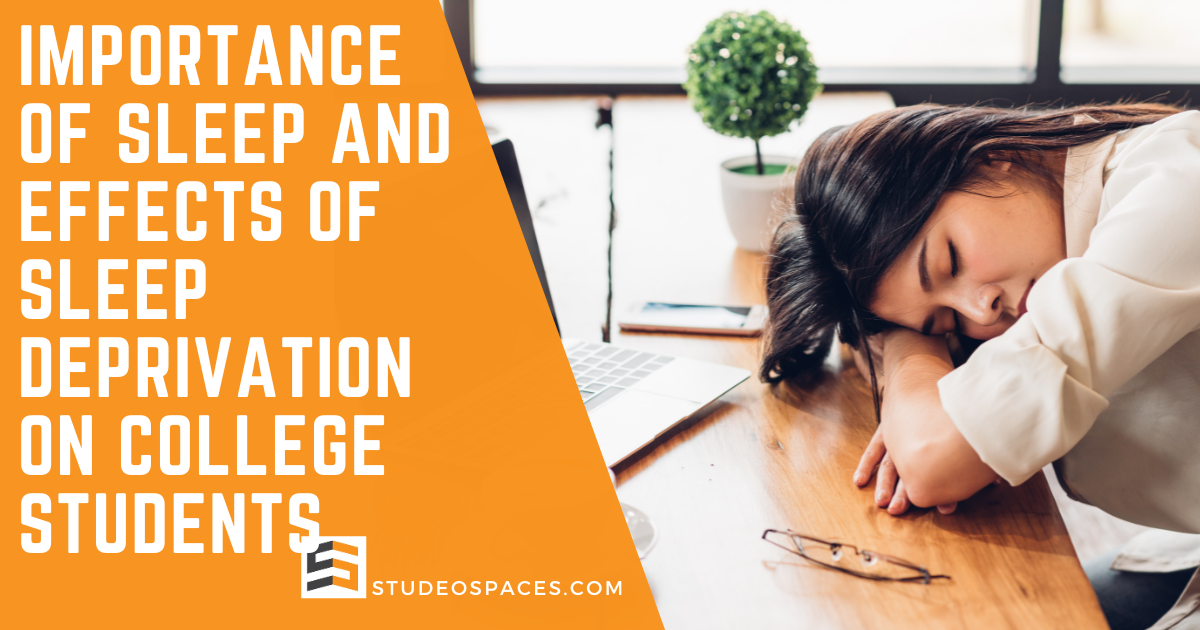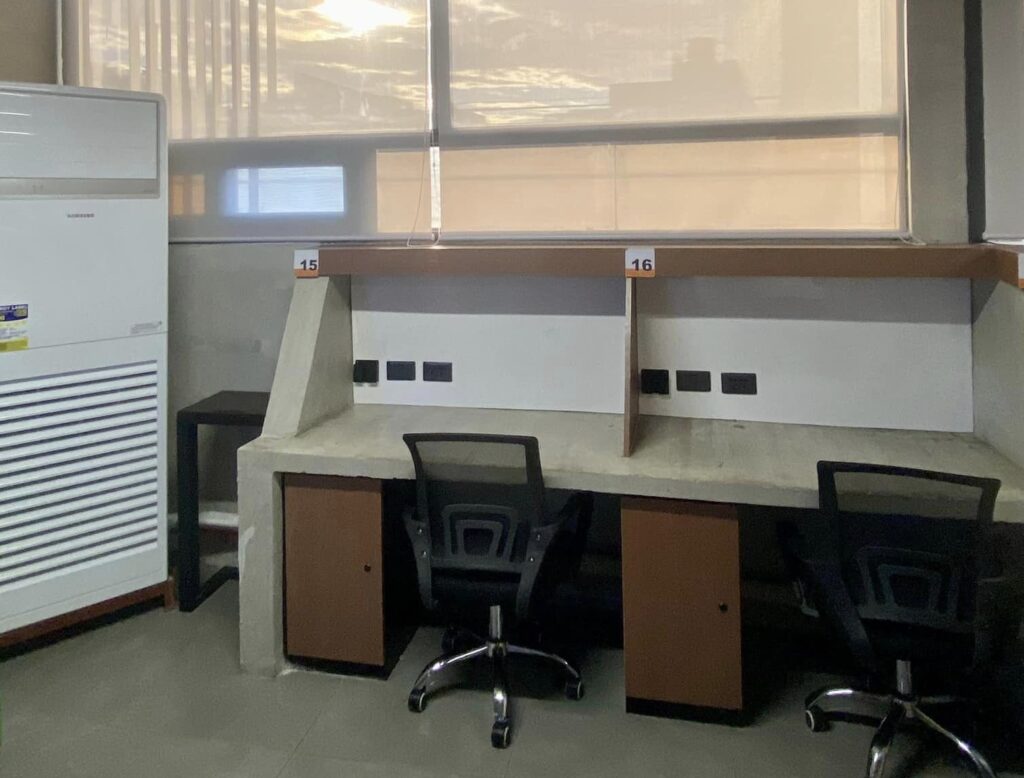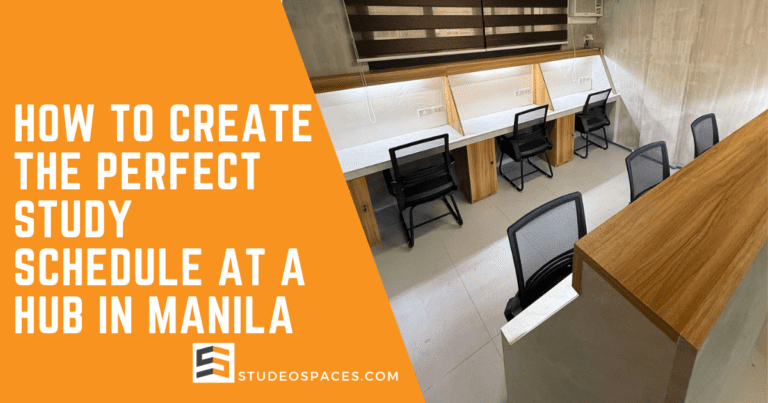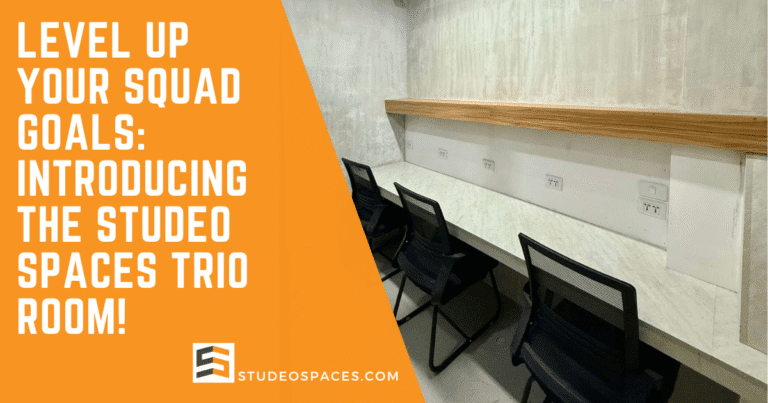
College students must understand the impact of sleep deprivation on their academic performance and overall health. Studies reveal that insufficient sleep can hinder memory, attention, and cognitive abilities, leading to poor grades. He, she, or they may feel like they are performing at a subpar level, similar to someone awake for 48 hours. Students can enhance their learning capabilities by prioritizing sleep alongside their studies and achieve better outcomes during finals and academic careers.
Sleep Deprivation on College Students Key Takeaways
- Insufficient sleep negatively impacts college students’ academic performance, including their ability to learn and retain information.
- Study findings suggest that students who consistently sleep six hours or less perform similarly to those who have been awake for 48 hours.
- Daytime alertness indicates whether an individual gets enough sleep; persistent fatigue may signal a sleep deficiency.
- Sleep quality and quantity both play significant roles in student performance. Various factors influence sleep patterns among college-aged individuals.
- Habits such as erratic sleep schedules and late bedtimes are linked to decreased academic success from middle school through college.
- Practical strategies for better sleep include maintaining consistent sleep and wake times, limiting naps, and creating a relaxing pre-sleep routine.
- Students experiencing ongoing sleep problems should seek advice from healthcare professionals specializing in sleep health.

The Importance of Sleep for Students
Adequate sleep is essential for students who want to excel academically and maintain good health. During sleep, the brain consolidates learning and enhances memory retention, which is vital for students facing challenges such as exams and demanding schedules. By prioritizing sleep, students improve their overall performance, enabling them to achieve their academic goals more effectively.
Sleep and Academic Performance
Students must understand the relationship between sleep and academic success to perform at their best. Studies indicate that those who experience sleep deprivation demonstrate significantly reduced cognitive functioning, leading to poorer grades and lower overall performance in school. Thus, a well-rested student is better prepared to tackle academic challenges.
Health Consequences of Sleep Deficiency
Sleep deprivation can have profound health implications for students. At just two weeks of sleeping six hours or less each night, students may experience cognitive decline comparable to staying awake for 48 hours. This deficiency can impair attention and learning capacity, resulting in long-term memory problems and a decreased ability to manage stress. Furthermore, chronic sleep loss increases the risk of developing health issues such as anxiety, depression, and weakened immune function. Therefore, maintaining quality sleep is essential not only for academic performance but also for overall well-being.
Understanding Sleep Deprivation
Any college student struggling with sleep deprivation faces significant challenges beyond mere fatigue. Research indicates that many students are not achieving the recommended seven to eight hours of sleep, which can severely impact their academic performance and overall health. Factors such as part-time work, late-night study sessions, and excessive screen time contribute to this alarming trend. Sleep deprivation undermines alertness and hinders cognitive functions vital for learning and retention.
Causes of Sleep Deprivation in College Students
At the college level, various factors contribute to sleep deprivation, including increased part-time job commitments, heavy academic workloads, and erratic sleep schedules. Many students frequently resort to cramming and late-night studying, often sacrificing their sleep. Additionally, the allure of entertainment options, such as binge-watching TV shows or spending time on social media, further disrupts their sleep patterns.
Effects on Cognitive Functions
Sleep deprivation significantly hinders cognitive functions vital for academic success. College students who do not get enough sleep demonstrate decreased attention and vigilance, impacting their ability to concentrate during lectures and complete assignments effectively. Research shows that after just two weeks of sleeping six hours or less per night, their performance declines sharply, making them operate as if they had been awake for 48 hours. This impairment can lead to difficulty with learning and memory retention, highlighting how a lack of adequate sleep can harm their academic performance.
College students who persistently face sleep deprivation are susceptible to impairments in key cognitive functions. They may struggle with memory retention, showing less effectiveness in processing and recalling vital information for exams. Studies indicate that sleep-deprived students display lower levels of alertness and motivation, decreasing their overall productivity. This persistent fatigue can also lead to increased anxiety and stress, creating a vicious cycle that further diminishes their academic abilities. Students must prioritize sleep to support their learning, as adequate sleep enhances memory consolidation and promotes better educational outcomes.
Strategies for Better Sleep Hygiene
Many students can improve their sleep quality by adopting better sleep hygiene practices. Simple changes, like going to bed and waking up at consistent times, can dramatically enhance their overall sleep experience. Incorporating relaxation techniques, limiting screen time before bed, and maintaining a calm, dark sleeping environment are effective strategies to promote quality rest. By prioritizing these habits, students can boost their alertness and cognitive performance, which are imperative for success in their academic pursuits.
Establishing a Sleep Routine
After evaluating their sleep patterns, students should establish a consistent sleep routine. Going to bed and waking up simultaneously each day helps regulate their body’s internal clock, making it easier for them to fall asleep and wake up refreshed. Calming activities before bedtime, such as reading or meditating, can signal their body that it’s time to wind down, fostering a greater sense of relaxation.
Creating a Sleep-Friendly Environment
Behind every good night’s sleep is a well-designed sleeping environment. Students should create a space that minimizes distractions and promotes relaxation. This includes keeping the bedroom dark, quiet, and calm, as these factors significantly contribute to better sleep quality. Ensuring the bed is comfortable with supportive pillows and cozy bedding can enhance the sleep experience.
Even minor adjustments can lead to substantial improvements in sleep quality. Students should focus on eliminating disruptive noise and light sources, which can hinder the body’s natural sleep processes. Investing in earplugs, eye masks, or blackout curtains can facilitate a more conducive sleeping space. Additionally, students should be cautious about sleeping with electronic devices nearby, as the blue light emitted from screens can interfere with melatonin production and delay sleep onset. Prioritizing a sleep-friendly environment can significantly enhance their well-being and academic performance.
The Role of Napping
All college students may benefit from incorporating short naps into their daily routines, particularly when faced with rigorous study schedules and insufficient sleep. Napping has the potential to bolster alertness, enhance memory retention, and improve overall academic performance. However, it is crucial to approach napping carefully to maximize its positive effects on their cognitive function.
Benefits of Short Naps
Short naps, typically 20 to 30 minutes, can significantly boost a student’s energy levels and cognitive performance. Research has shown that students who take brief naps experience improved focus and information retention, allowing them to tackle their studies more effectively. These quick rest periods help reduce the impacts of sleep deprivation, making them a valuable tool during stressful exam periods.
Recommended Napping Practices
Students should consider establishing a consistent napping routine between study sessions to optimize their rest. Naps should be brief, ideally under one hour, and timed so they do not interfere with nighttime sleep. Students should nap before 3 p.m., as this ensures they remain alert for evening study sessions. Following these practices can help mitigate the cognitive decline associated with poor sleep, aiding in better performance.
To maintain the benefits of napping, students should find a quiet, comfortable space to rest in. Limiting naps earlier in the day helps avoid disrupting the body’s natural sleep-wake cycle. If a student finds it challenging to fall asleep quickly, engaging in a brief relaxation technique can enhance the effectiveness of their nap. Adopting these recommended practices allows students to recharge mentally while combating sleep deprivation and enhancing their study efficiency.
The Impact of Lifestyle Choices
Not prioritizing sleep can significantly affect college students’ academic performance, as lifestyle choices are vital to their overall well-being. Increased part-time work hours, late-night studying, and watching television before bed can lead to sleep deprivation, ultimately impacting their grades and cognitive function. Constant late nights often result in exhaustion, hindering their ability to focus during classes and exams.
Caffeine and Its Effects on Sleep
Above all, caffeine consumption in the afternoon and evening can obstruct a student’s ability to fall asleep. As a stimulant, it remains in the system for hours, making it increasingly challenging for them to achieve adequate rest. This further exacerbates the effects of sleep deprivation, which can negatively impact their academic performance and concentration.
Technology Use and Sleep Disruption
For many college students, technology use, particularly before bedtime, significantly disrupts their sleep patterns. The blue light emitted from screens can inhibit melatonin production, the hormone that regulates sleep. Recent studies indicate that students who use their devices late into the night report reduced sleep quality, leading to difficulty staying awake and alert during the day. This habit not only affects their academic performance by diminishing cognitive function but can also contribute to long-term health risks associated with chronic sleep deprivation.
Students need to recognize how technology affects their sleep. Recommendations include limiting screen time to an hour before bed and creating a nighttime routine that involves winding down without electronic devices. By implementing these strategies, students may improve their sleep quality, enhancing academic performance and better overall health.
Recognizing Sleep Disorders
Despite sleep’s significant impact on academic performance, many college students underestimate or overlook the presence of sleep disorders. Common symptoms such as excessive daytime sleepiness, difficulty falling asleep, or frequent awakenings can indicate underlying issues that require attention. Recognizing these disorders early can help students better manage their sleep health and improve their educational outcomes.
Common Sleep Disorders Among College Students
At the college level, students may experience several common sleep disorders, including insomnia, which involves trouble initiating or maintaining sleep, and sleep apnea, characterized by pauses in breathing during sleep. Other issues can include restless legs syndrome and circadian rhythm disorders, which disrupt standard sleep patterns. These conditions can significantly affect students’ mental acuity and overall health.
When to Seek Help
The decision to seek help for sleep issues should be based on the impact of these disturbances on daily functioning. Consulting a sleep specialist or healthcare provider is advisable if a student regularly feels excessively tired, struggles to focus in class, or experiences worsening academic performance.
For instance, students should take action if they consistently fall asleep in class or struggle to concentrate during lectures, which may indicate that their sleep quality is compromised. Additionally, if attempts to improve sleep habits are unsuccessful, it can be necessary for them to reach out for professional help. Treatment for sleep disorders can lead to improved focus and academic performance, helping them achieve a better balance between their studies and overall well-being.
Effects of Sleep Deprivation on College Students Frequently Asked Questions
Why is sleep important for college students?
Sleep is vital in various aspects of a student’s life, including cognitive function, emotional regulation, and overall health. Adequate sleep supports learning and memory retention, helping students absorb information effectively and perform better in exams. Additionally, good sleep can enhance mood and decrease stress levels, contributing to a healthier academic experience.
What are the effects of sleep deprivation on academic performance?
Sleep deprivation can lead to significant declines in academic performance. Research has shown that students who do not get enough sleep may experience impaired attention, decreased vigilance, and memory problems. These issues can hinder learning and increase the chance of lower grades, as mental fatigue can affect a student’s ability to concentrate and retain information.
How much sleep do college students need?
Most adults, including college students, need between seven to eight hours of sleep per night to function optimally. However, individual sleep needs can vary based on age, lifestyle, and overall health. Students need to assess their sleep requirements to ensure they are well-rested and able to perform academically.
What are the common causes of poor sleep among college students?
Several factors can contribute to poor sleep among college students, including increased workloads, part-time jobs, late-night studying, screen time before bed, and social activities. Erratic sleep schedules and lifestyle choices can disrupt sleep patterns, leading to inadequate rest and poor sleep quality.
What strategies can college students employ to improve their sleep quality?
Students can benefit from establishing a consistent sleep routine, which includes going to bed and waking up simultaneously each day, even on weekends. Reducing caffeine intake in the afternoon and evening, creating a relaxing bedtime environment, and calming pre-sleep activities can also enhance sleep quality. Limiting distractions like electronics in the bedroom and avoiding large meals before bedtime is advisable.
How does sleep deprivation affect mental health?
Lack of sleep can have detrimental effects on mental health, leading to increased symptoms of anxiety and depression. Sleep-deprived college students often experience heightened stress and irritability, resulting in diminished overall well-being. Prioritizing sleep can therefore not only improve academic performance but also promote better mental health.
When should a college student seek professional help for sleep issues?
If students find that their sleep problems persist despite implementing good sleep habits or if they suspect they may be suffering from a sleep disorder such as insomnia or sleep apnea, they should consult a primary care physician or a sleep specialist. Early intervention can be beneficial in addressing sleep-related issues and improving overall health and academic performance.
Conclusion
The importance of sleep cannot be overstated for college students, as sleep deprivation significantly impacts their academic performance and overall well-being. Research shows inadequate sleep leads to decreased alertness, impaired memory, and lowered cognitive function. Therefore, students should prioritize good sleep hygiene and adopt healthy sleep practices to enhance their learning, focus, and performance during critical exam periods.
Studeo Spaces Quick Links
- Book a Desk / Room
- Location
- Rates
- Features and Amenities
- Business Hours
- Private Rooms
- Latest News
Stay Connected
- Facebook: https://www.facebook.com/StudeoSpaces
- Tiktok: https://www.tiktok.com/@studeospaces
- Youtube: https://www.youtube.com/@StudeoSpaces
















